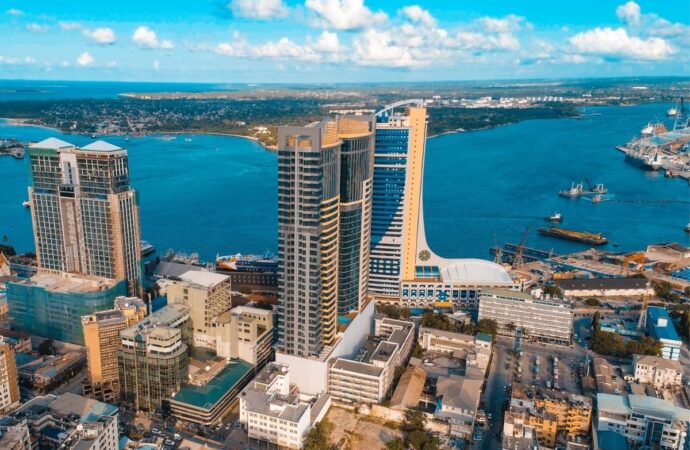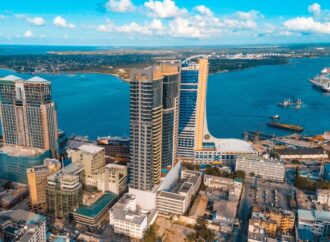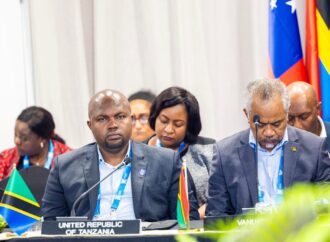Tanzanians are increasingly recognizing the government’s efforts in economic management, with a new Afrobarometer survey revealing that 67% of citizens approve of the administration’s performance in handling the economy. While public perception of economic conditions has improved, financial hardships and basic service gaps remain pressing issues for many.
Improved Economic Perception
The Afrobarometer 2024 survey, conducted by the Research on Poverty Alleviation (REPOA), involved face-to-face interviews with a representative sample of 2,400 Tanzanians between August and September 2024. The findings show a notable improvement in how Tanzanians view the country’s economy.
- Positive Shift: The proportion of citizens describing the national economic situation as “fairly good” or “very good” rose to 39%, up from 30% in 2022.
- Decreased Negativity: Those with a negative outlook declined from 54% in 2022 to 38% in 2024.
This upward trend in public confidence highlights the government’s progress in fostering economic stability.
Acknowledged Achievements
The government’s efforts to address poverty have also been recognized, with 53% of respondents praising its initiatives to improve the living standards of the poor. In addition, 67% of citizens expressed satisfaction with the government’s overall economic management, reinforcing a narrative of steady improvement.
Persistent Challenges
Despite these gains, Tanzanians continue to grapple with financial difficulties and access to essential services:
- Living Conditions: About 38% rated their personal living conditions as “fairly bad” or “very bad,” with women (41%) reporting worse conditions than men (35%).
- Regional Disparities: Urban areas saw 37% of residents facing poor living conditions, slightly lower than the 39% recorded in rural areas.
- Economic Hardships: A staggering 84% reported a lack of cash income at least once in the past year, with 39% experiencing this regularly. Other hardships included insufficient access to water (48%) and medical care (47%).
Key Areas for Government Action
The survey identified critical priorities for government intervention:
- Health Services (45%) – The most cited concern, highlighting the need for robust healthcare solutions.
- Water Supply (36%) – A consistent demand in both rural and urban regions.
- Infrastructure/Roads (34%) – Reflecting the importance of improving connectivity and transport.
Other areas of concern include unemployment (20%), education (19%), and electricity (16%).
Conclusion
The Afrobarometer 2024 survey underscores the government’s strides in economic management, reflected in growing public approval and improved perceptions of the national economy. However, persistent challenges, particularly in addressing basic needs such as healthcare, water, and income security, demand sustained attention. By prioritizing these areas and leveraging public support, the government has an opportunity to build on its progress and foster a more inclusive and resilient economic future for all Tanzanians.




